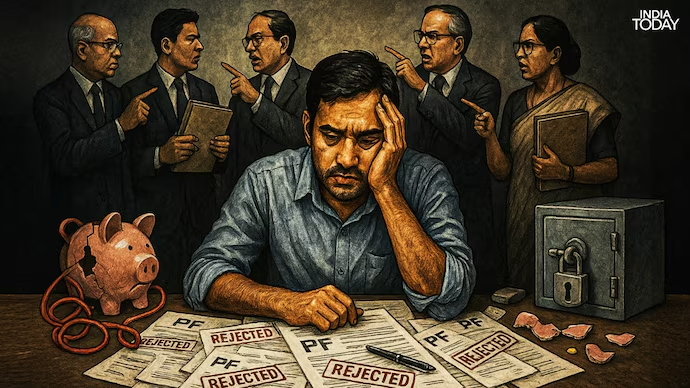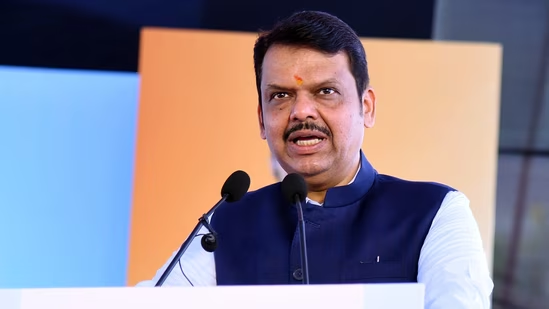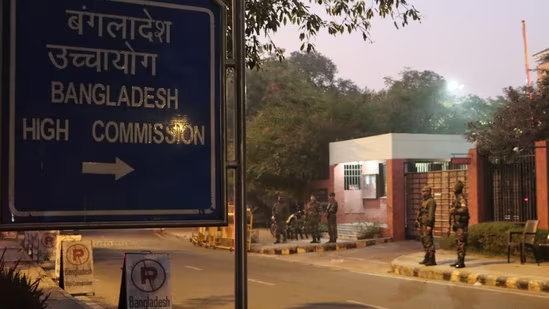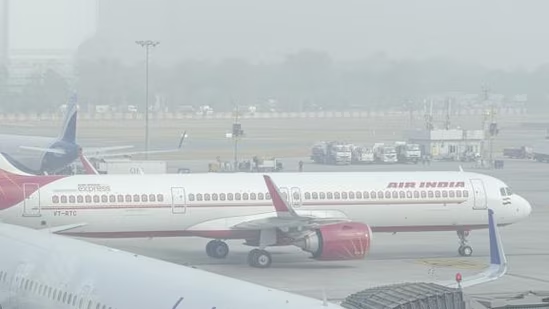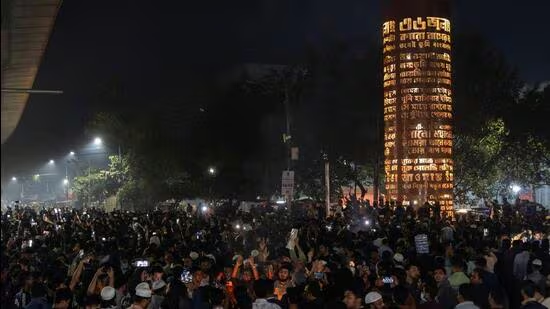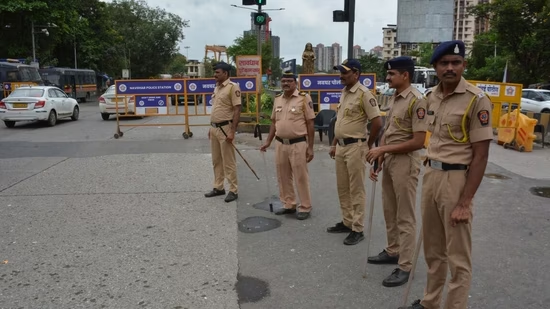“Apna paisa nikalne ke liye bhi itni mushkil kyon?” (Why is it so difficult to withdraw one’s own money?) That’s the question haunting thousands of people today as they struggle to access their Provident Fund. A supposed lifeline has instead become a maze of errors, rejections and delays.
Behind every rejection slip is a human story. Abhishek’s endless logins, Aravinda’s system-made error, Anjali’s desperate wait for her husband’s savings — three lives that show how a safety net has turned into a snare.
A BATTLE FOR HIS OWN SAVINGS
Abhishek Singh, a healthcare industry professional, knows this battle all too well. Despite having his Aadhaar linked and verified, and having successfully withdrawn funds in the past, his recent claims under Form-31 kept bouncing back.
Each time, the rejection came with a new excuse: “Aadhaar verification failed,” “Insufficient balance,” or “Insufficient service under this Para.”
“I have fulfilled all the KYC requirements, yet the claims are dismissed without proper reasoning,” he said. “What’s supposed to be a safety net has turned into a battle of excuses.”
His frustration mirrors the experience of countless others who find themselves fighting simply to access their own savings.
WHEN RECORDS TELL THE WRONG STORY
If Abhishek’s struggle highlights careless rejections, Aravinda’s case shows how systemic errors can derail legitimate claims.
A product designer from Chikmagalur, he had two UANs. While his PF was correctly transferred to the new one, a salary revision at his current firm triggered confusion in the system. It wrongly flagged him as eligible for the Employees’ Pension Scheme (EPS), even though no pension contributions had ever been made.
“My case was stuck because of assumptions made by the system, not facts,” said Aravinda.
After running from pillar to post, his claim was finally resolved with the help of a private advisory firm. But the ordeal left him disillusioned. “I no longer trust government-backed securities,” he said. “All my investments now go into private options.”
A WIDOW’S HEARTBREAKING WAIT
For Anjali Ambekar from Thane, the challenge was far more devastating. She was trying to claim her late husband Satish Nandgaonkar’s PF savings to support her family. While most of his service records were transferred, two accounts under the Bandra PF office, including one dating back to 2002–2003, remained locked in offline records.
Without them, her claim couldn’t be processed.
“I visited the office so many times, but nothing moved,” she recalled. “This was money my family needed to survive, yet it was stuck in old files.”
Here, it must be mentioned that while FinRight was able to resolve Aravinda’s claim after a deadlock, the firm is now working on the full settlement of Ambekar’s case, offering a glimmer of hope in an otherwise stalled process.
1 IN EVERY 4 CLAIMS REJECTED
The numbers speak for themselves: more than a quarter of all PF claims—25.51%, according to EPFO’s 2023–24 annual report—end up rejected. That’s one in every four employees being denied or delayed access to their own money.
What should have been a simple, employee-friendly process has instead become a gamble. For many, the question is no longer when their claim will be cleared, but whether it will be cleared at all.
As Abhishek put it: “This is not just my fight—it’s about restoring faith in institutions meant to safeguard working citizens.”
Unless the EPFO streamlines its systems, embraces transparency and truly prioritises workers, the Provident Fund risks losing the very purpose it was created for: to provide security when it is needed the most.
